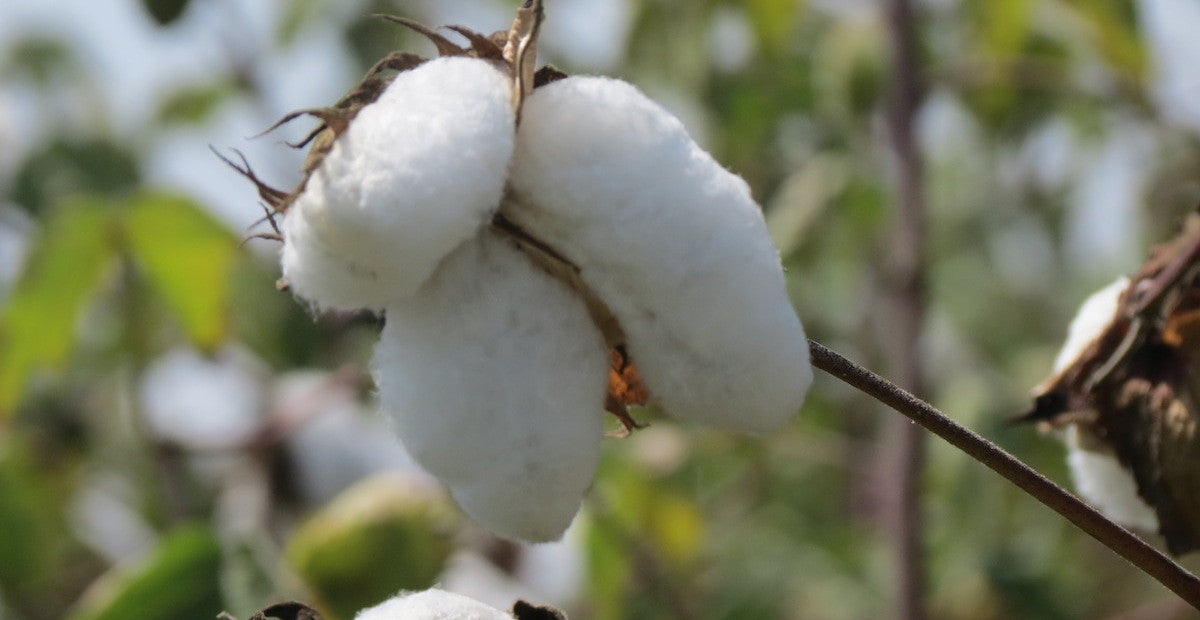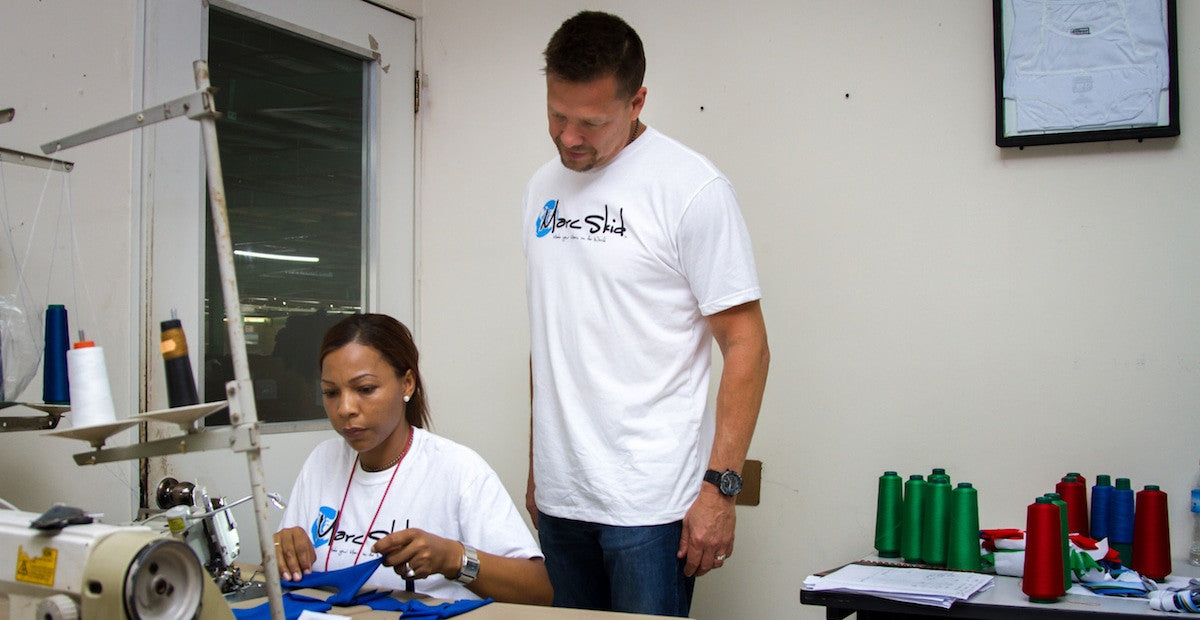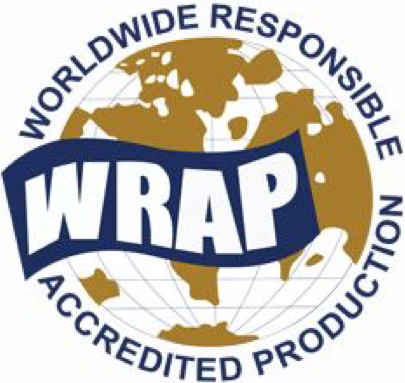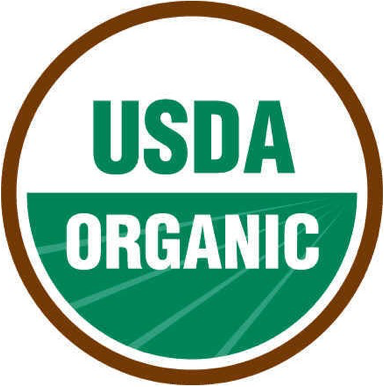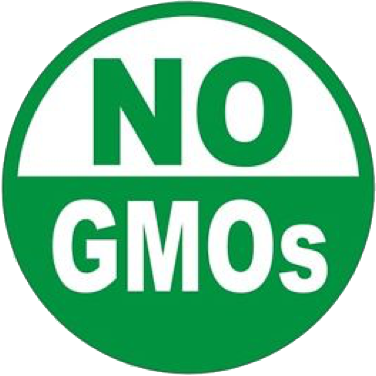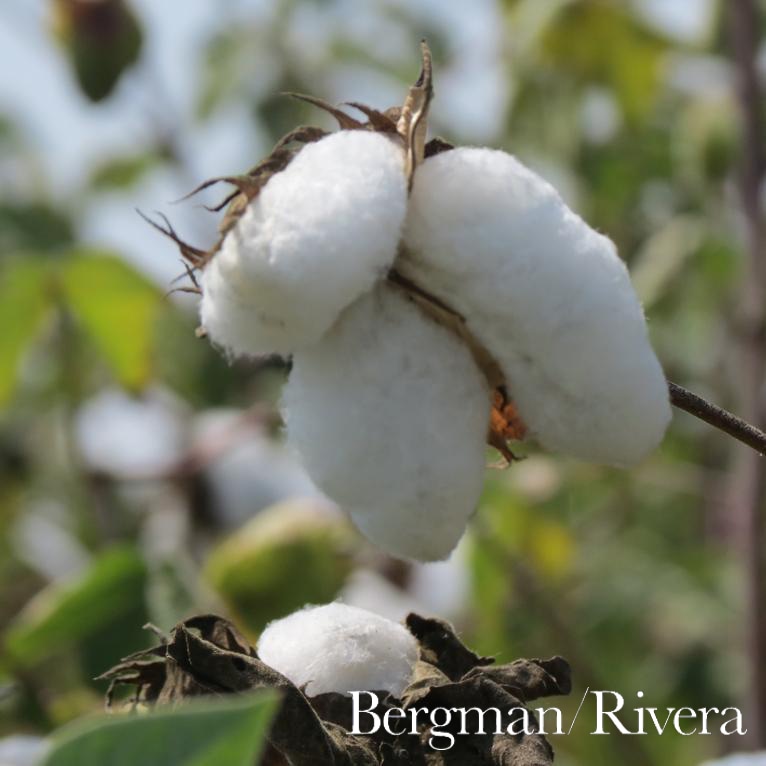
Cotton is pivotal to Peru’s history. It is believed that people in what is now Peru began harvesting cotton from wild plants nearly 10,000 years ago. Cotton fabrics have even been found in ancient Peruvian tombs that predated the Incas.
Today, Peru is famed as the premier place for cotton cultivation. Grown on family farms, Marc Skid uses the the absolute best cotton the world has to offer: Organic Pima Cotton. Organic growing shuns toxic pesticides harmful to the environment in favor of techniques like crop rotation, intercropping (planting different crops together), hand or mechanical weeding, mulches and introducing beneficial predator insects to control harmful insects.
Pima is the generic term for the finest type of cotton — cotton with extra-long fibers. Pima, often called the “cashmere of cotton,” is widely considered the best cotton because its long fibers create cotton that combines soothing softness with dynamic durability. This prized Pima makes up roughly 2% of the world’s cotton; organically grown is even rarer. Marc Skid exclusively uses the organically grown Pima that represents the finest .0005% of the world’s cotton to cater to its wearers with the most luxurious and sustainable cotton. There is no better cotton!




